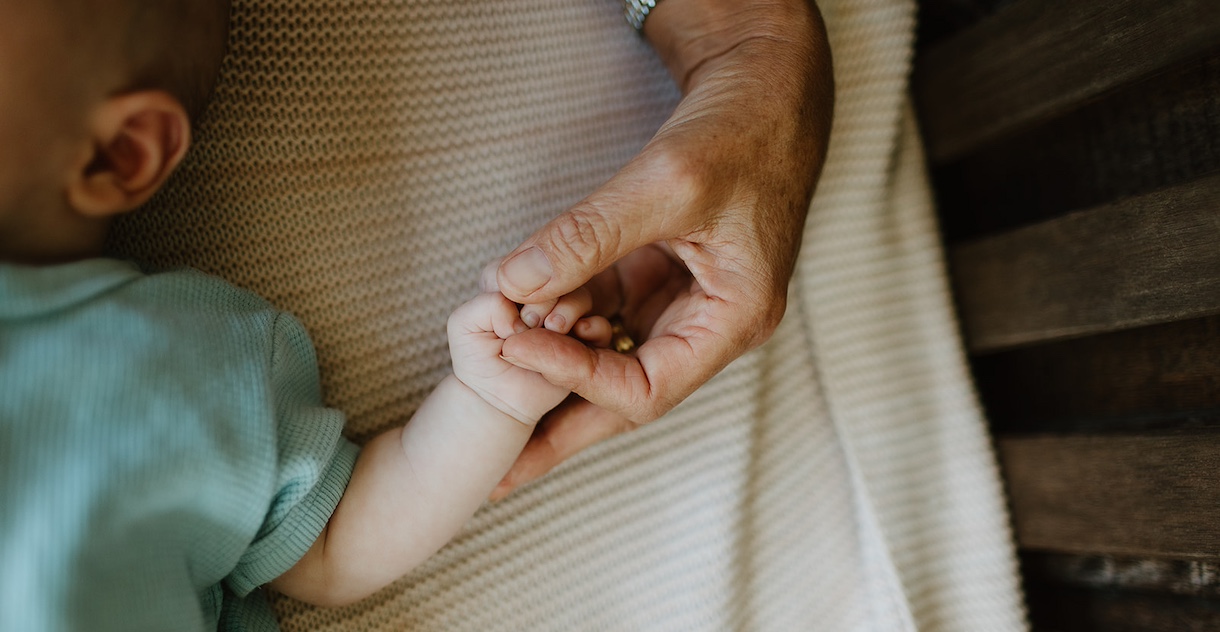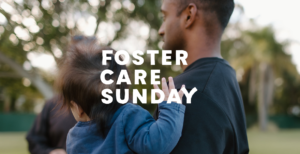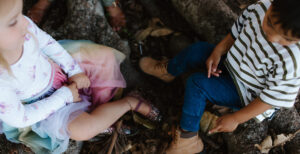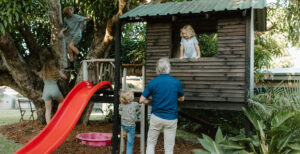Having to say goodbye (the hardest thing about Foster Care?)
What’s the hardest thing about Foster Care? There can be a range of concerns for people when considering becoming a Foster Carer.
Being a ‘public parent’ can be difficult and the department decision-making process can be frustrating. Handling behaviours you might not have encountered before, navigating impacts on your biological children, and engaging with birth parents are all unique and potentially very real challenges that can put people off pursuing Foster Care.
Often at the top of the list, is the fear of having to say goodbye to a child you’ve attached to.
Foster Care involves accepting someone else’s child into your family, knowing that they will likely leave again. And goodbyes are hard.
Jamie Finn from Foster the Family has written of her experience as a Foster Carer, “Chances are one day the same worker who brought this little girl to my home will pick her up, just a little more whole, and take her away from me forever. It will be the single greatest sacrifice of my life. But, oh, my God knows about giving up a child. My God knows about sacrificial love, and so it is His sacrificial love that ultimately compels me.” “Those are the very first words I ever wrote about Foster Care. …I didn’t know anything about Foster Care at the time, but there were two things I understood even then that were absolutely correct: saying goodbye was going to hurt and Jesus made the hurt worth it.” (Finn, n.d.)
Michelle Ferguson, a Foster Carer from Melbourne, often hears from people talking about the idea of Foster Care a concern about getting “too attached”. Her response? “Yes, you will get attached, but you are meant to; these children need and deserve you to, some may have been neglected and abused and need you to love them unconditionally. We know that positive, healthy attachment is essential for brain development, so whether they are with you for a night or a few days, weeks or years, what you will give them will stay with them forever. You can help them heal and know what it is to feel safe, to be safe. So yes, you will get attached but this is not about you, it is about the children and in the process trust that God will equip you, strengthen you, be there right in the middle of the mess with you and comfort you if or when the time comes to say goodbye.”
Jamie writes about the attachment cycle, saying, “I don’t know how long this little one will be with me, and I don’t know if he’ll have memories of me. But I know that his brain and body will remember my nurturing care.” (Finn, 2023a)
Michelle Grant, a Mental Health Social Worker who provides counselling for children and adults involved in the Out-of-Home Care system, has told carers, “The reason it’s painful is because you’re doing your job so well. It comes back to attachment. If you’re connected, attuned, and securely attached to the child, it’s helping the child’s ability to form relationships with other people – friends, future partners, family – for the rest of their life. There are beautiful rewards that don’t come without huge challenges. That’s no different to raising your own biological children, really.”
Love is costly. It requires something of us. Children in Out-of-Home Care who have experienced relational trauma need you to get attached. Yes, it will cost you something and it’s a worthy cost.
Jamie says in her blog ‘Too Attached’, “Getting attached to a child who will most likely leave means living in tension. It means freely releasing your heart–where you love and feel and connect–but holding the reigns on your mind–where you plan and hope and daydream. Foster parent, how do you balance the impossible tension of loving a child like they’re your own, when they’re not? You keep a strong hold on your thoughts, a close leash on your worries. You keep your mind sealed up tight. But you don’t ever close your heart. You keep that wide open.” (Finn, 2023b)
References:
Jamie Finn, n.d. The Journey Into Foster Care, Foster the Family Blog. Date unknown. Accessed: http://www.fosterthefamilyblog.com/the-journey-into-foster-care
Jamie Finn, 2023a. The basic foundation of the attachment cycle, Foster the Family Blog. April 5 2023. Accessed: http://www.fosterthefamilyblog.com/foster-the-family-blog-1/thebasicfoundation
Jamie Finn, 2023b. Our children need us to get too attached, Foster the Family Blog, March 24, 2023. Accessed: http://www.fosterthefamilyblog.com/foster-the-family-blog-1/tooattached
Find out more about becoming a Foster Carer at the link below.
If you’re not in a position to open your home to a child or your person and provide Out-of-Home Care, there are so many other ways you can make a difference in this space. Explore them at the link below.








